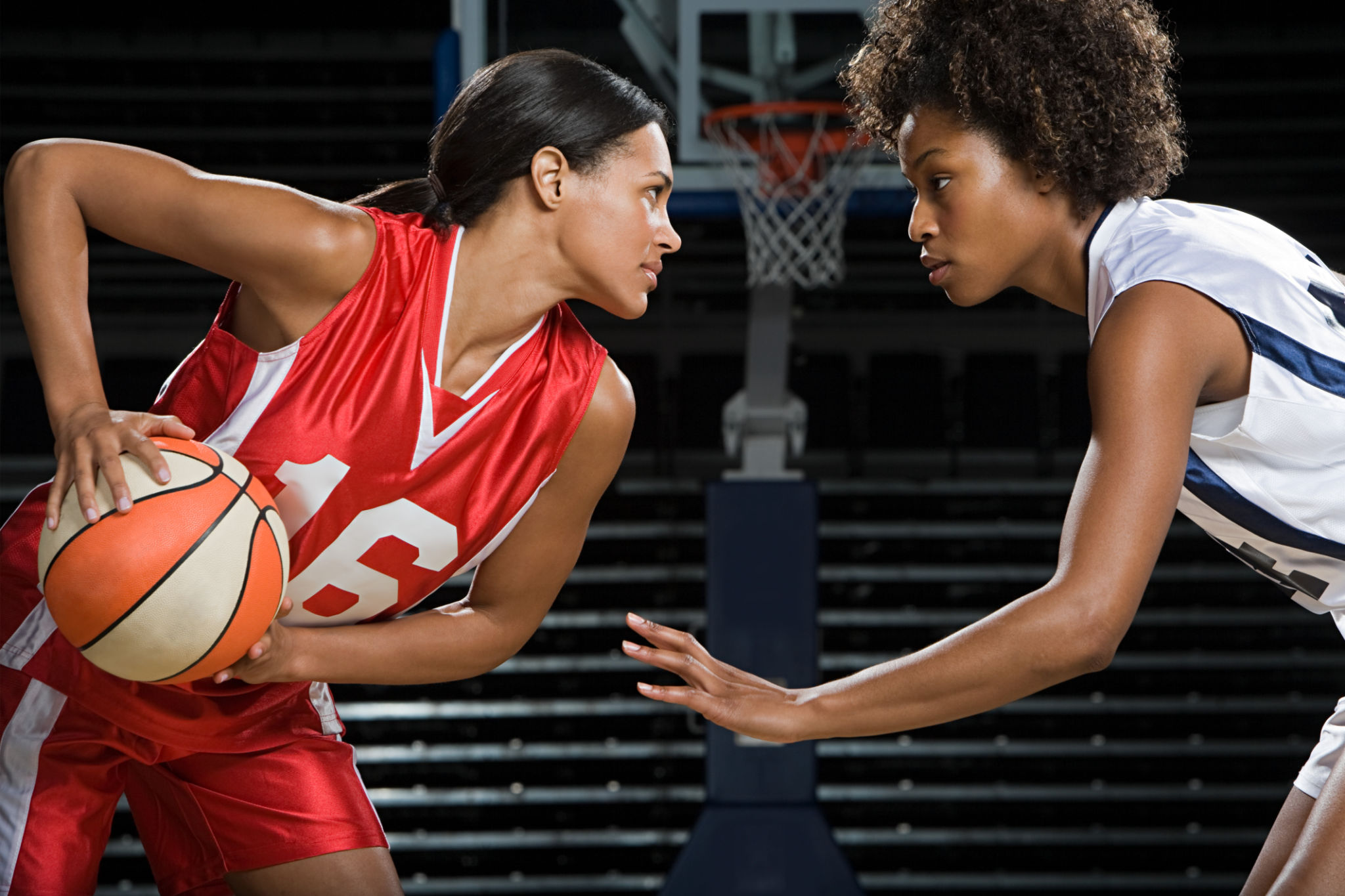Mastering the Fundamentals: Essential Skills for Aspiring Athletes
Introduction to Athletic Fundamentals
Becoming a successful athlete requires more than just talent. It demands dedication, practice, and a firm grasp of the essential skills that form the foundation of any sport. For aspiring athletes, mastering these fundamentals is crucial for long-term success and growth.
While advanced techniques and strategies are important, it is the fundamental skills that will support your journey through competitive sports. Understanding and honing these basics can set you apart from the competition and provide the groundwork for developing more complex abilities.

Physical Conditioning
Strength and Endurance
At the core of any athletic endeavor is physical conditioning. Building strength and endurance is essential for performance in most sports. These attributes not only improve athletic ability but also help in injury prevention and recovery.
Incorporating a balanced workout regimen that includes strength training, cardiovascular exercises, and flexibility routines can enhance overall performance. Athletes should focus on compound exercises that engage multiple muscle groups, promoting efficiency and functionality.

Agility and Coordination
Agility and coordination are key components of athletic prowess. They improve an athlete's ability to navigate the playing field or court with precision and speed. Drills that focus on quick direction changes, balance, and hand-eye coordination can significantly boost these skills.
Regular practice using agility ladders, cones, and other equipment can help athletes refine their movements, making them more effective during competition.
Mental Toughness
Focus and Concentration
Athletic success is as much about mental strength as it is about physical ability. Developing focus and concentration is essential for executing plays under pressure and maintaining performance during high-stress situations.
Mental exercises such as visualization, meditation, and mindfulness can enhance an athlete's ability to concentrate, helping them stay present and perform consistently regardless of external distractions.

Resilience and Adaptability
The journey of an athlete is often fraught with challenges, including setbacks and failures. Building resilience allows athletes to recover from these disappointments and continue striving toward their goals. Adaptability is also vital, as it enables athletes to adjust strategies mid-competition when necessary.
Coaches can play a significant role in fostering these attributes by providing constructive feedback and encouraging a growth mindset in their athletes.
Technical Skills
Sport-Specific Techniques
Mastering the specific techniques of one's chosen sport is essential for success. Whether it's perfecting a basketball shot, refining a tennis serve, or improving a swimming stroke, technical skills require focused practice and repetition.
Athletes should work closely with coaches to identify areas for improvement and develop personalized training plans that address these needs. Video analysis can be a valuable tool in observing and correcting technique flaws.

Teamwork and Communication
Many sports require effective teamwork and communication among players. Developing these skills is crucial for team cohesion and success. Athletes should engage in exercises that build trust and understanding among teammates.
Learning to communicate clearly and effectively both on and off the field can enhance team dynamics, leading to better performance outcomes.
Conclusion
Mastering the fundamentals is an ongoing journey for aspiring athletes. By focusing on physical conditioning, mental toughness, technical skills, and effective communication, athletes can lay a strong foundation for future success.
Commitment to continuous improvement in these areas will not only elevate an athlete's performance but also enrich their overall sporting experience.